Why Genre Used to Matter
A long time ago, in a galaxy far, far away when major record labels ruled, music genre mattered. From their standpoint, an artist had to fit into a certain category aka genre. This would help labels position their artists to appeal to the masses, get on the radio, and sellout arenas. If a particular artist did not fall into a major genre like Pop, Country, or Rock and were not willing to change their sound to fit into one, then they likely weren’t getting signed by a major.
How it is Changing
That is not the case anymore. The combined popularity of streaming and social media has made it easy for listeners to discover music from all around the world. This means that artists are being influenced by a lot of new music that they wouldn’t have ever heard in the past. Just look at the impact that Caribbean dancehall music has had on mainstream genres like Hip-hop and EDM. Major acts like Drake and Major Lazer are just two examples of artists taking influence from dancehall and blending genres.
The Future of Genre Blending
This kind of genre blending does not even compare to what is going on in the independent realm. You have artists like Sinclair fusing genres together to create a kind of funky Electro-pop sound. New sub-genres like this are being created every day. Because of this, we as listeners get to hear more projects that are unique and abstract. Another example of this change is Truitt. Their ability to blend together sub-genres of electronic music like future bass and tropical house allow them to break free from the restraints of traditional genre barriers. Breaking down the borders of music genre allows artists to evolve their sound over time and be more creative project to project. Although this has resulted in some pretty ridiculous sounding names of sub-genres, blurring these lines undoubtedly fosters creativity.
Don’t forget to stalk us!

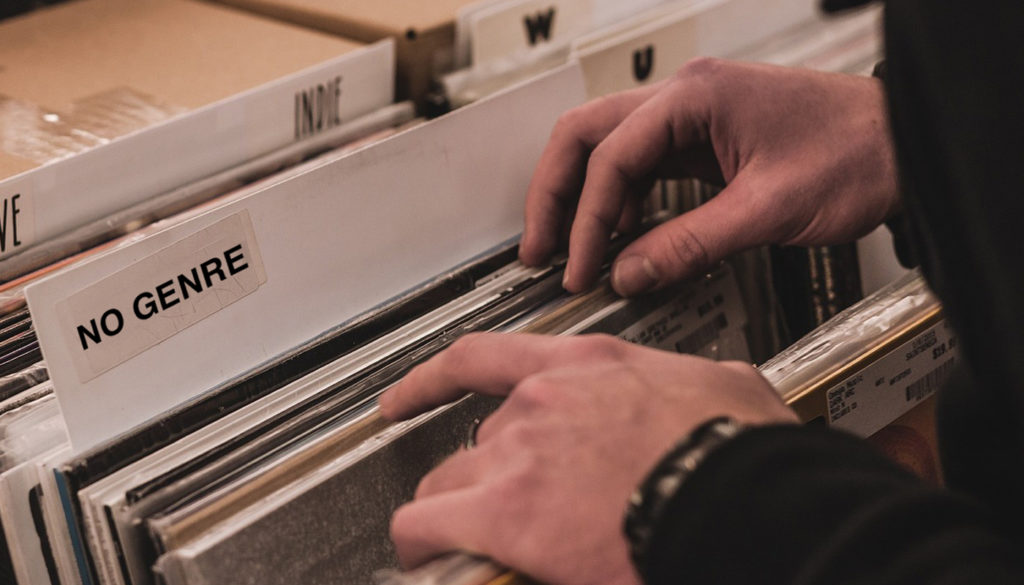


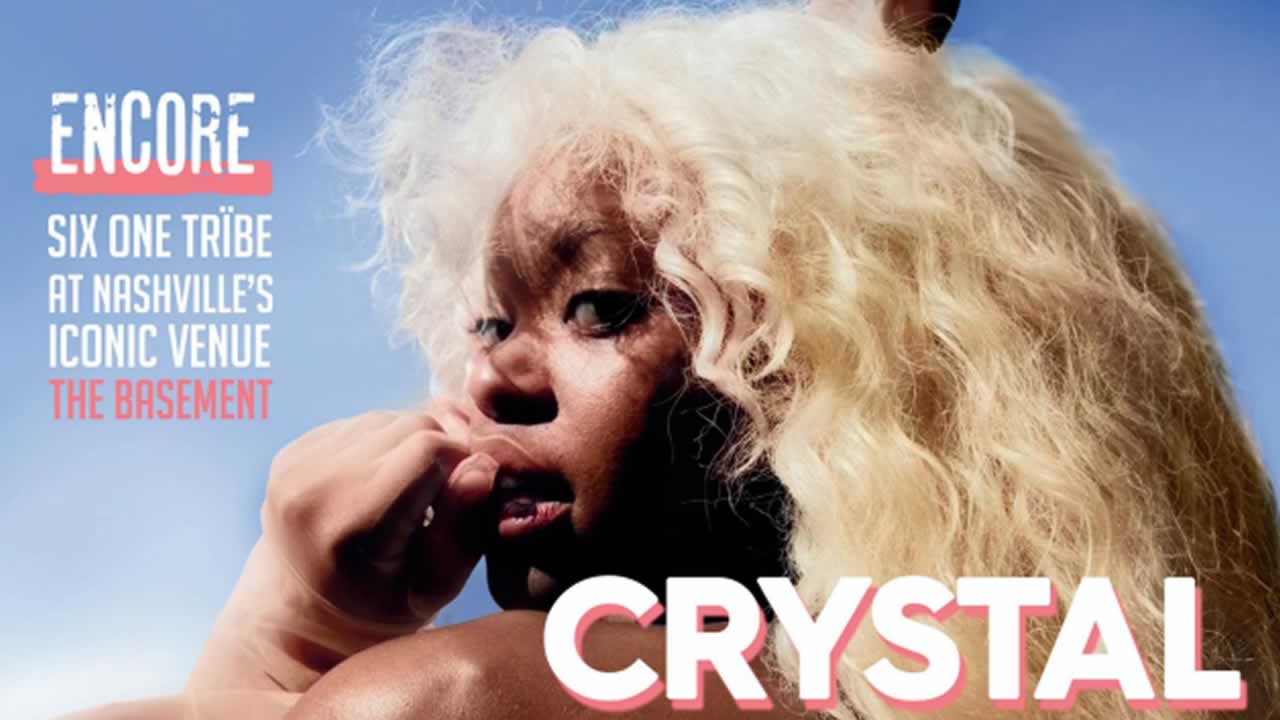



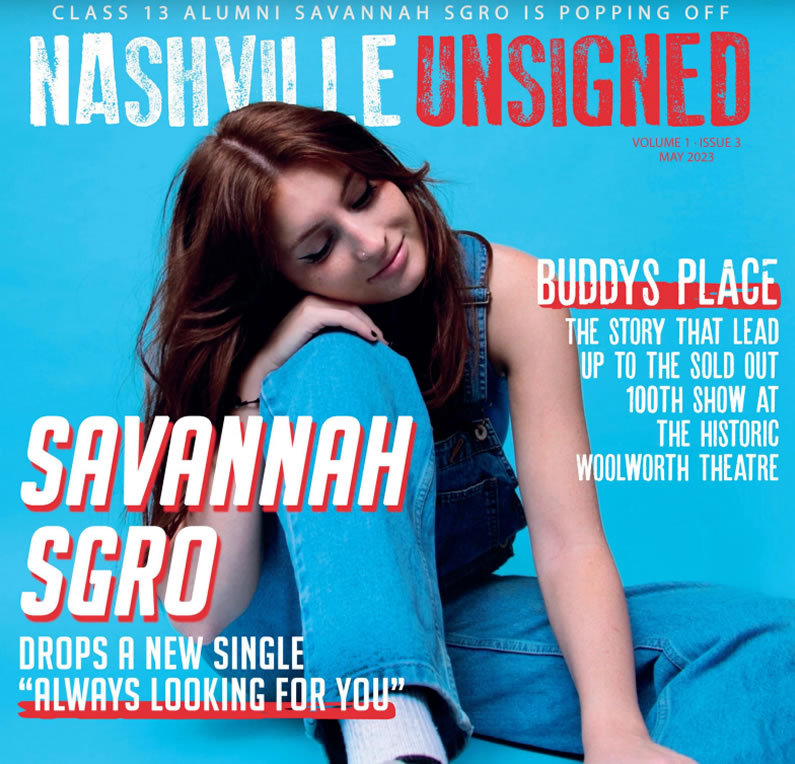
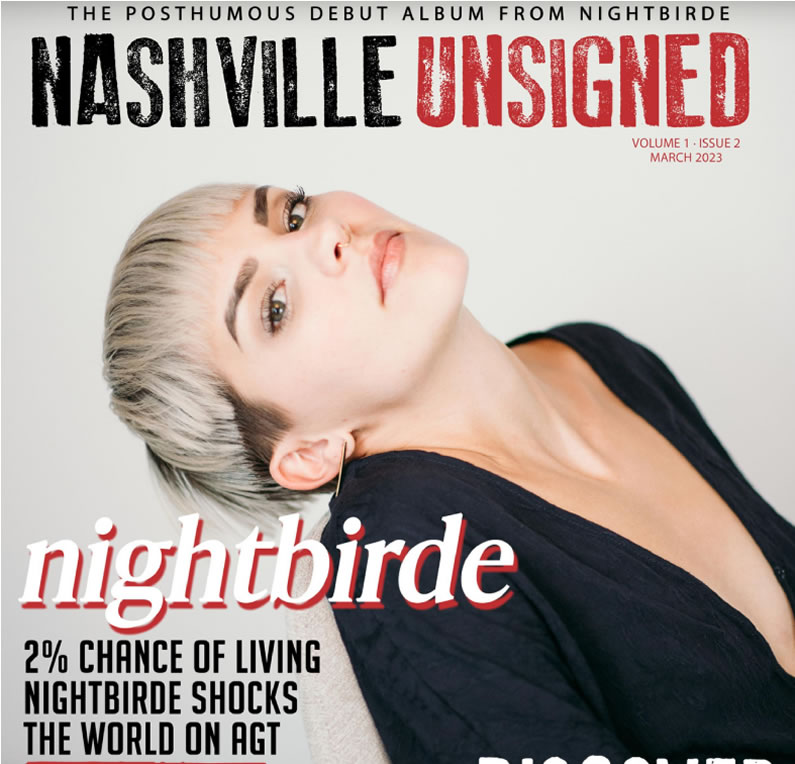
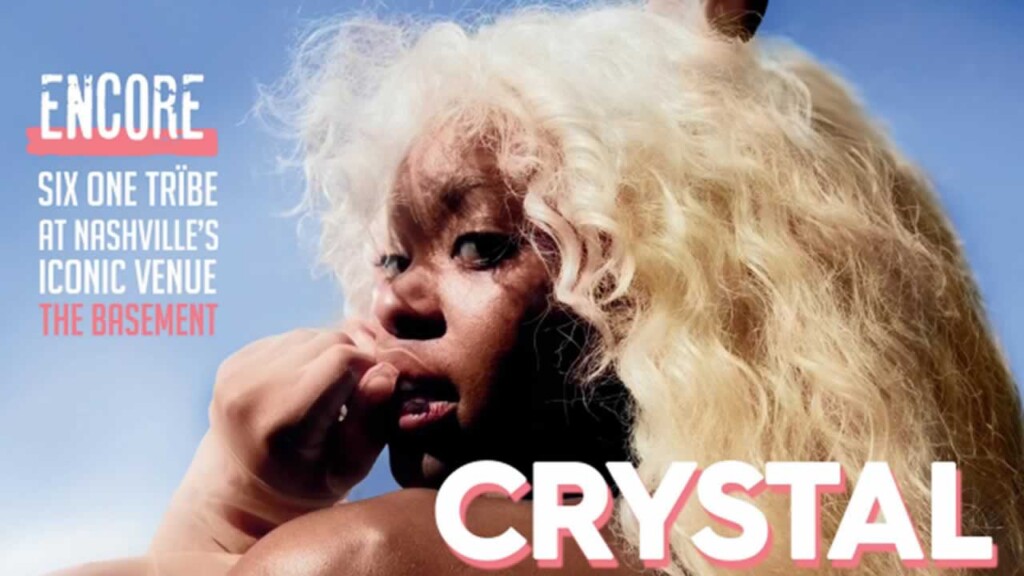


As someone who was there at the beginning of rock and roll, I can identify with the old genre standards. Artists back then were literally owned contractually by the music companies. Today’s freedom and independence from such creative repression will only add to the market, as your article expertly outlines. Well done.